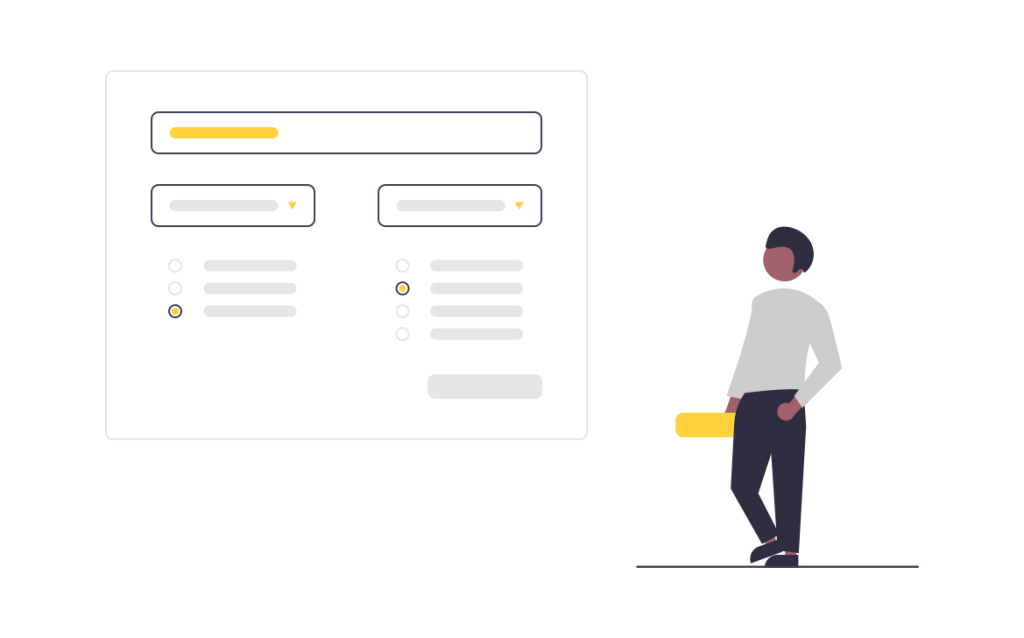Suppose you are considering taking out a new health insurance policy and you have some kind of medical condition. In that case, you probably have many doubts regarding pre-existing conditions and insurance coverage. What is considered a pre-existing condition? How will pre-existing conditions affect health insurance? Can you get the coverage you require? Will costs soar?
We will go through all the questions related to health insurance policies and pre-existing conditions in detail below so that, in case you find yourself in this situation, you have all the information you require to make the best choice.
If after reading our post you still have any doubts left, remember that you can count on Just Insurance as your trusted insurance broker. We will be happy to advise you on the best options for you to take out your health insurance in Spain.
Understanding pre-existing conditions
Before getting into how they affect insurance coverage and costs, it is important to understand what is considered a pre-existing condition.
Definition of pre-existing conditions
A pre-existing condition is any medical condition or illness that an individual has been diagnosed with or treated for before the start of a new health insurance policy.
These can include chronic diseases, long-term injuries, or any health issue that existed prior to getting new insurance coverage.

Common pre-existing conditions
Some of the most common examples are diabetes, asthma, heart disease, high blood pressure, cancer, mental health disorders…
Impact on health insurance costs
Insurance companies have many different methods to check for pre-existing conditions when evaluating their applicants. The most common one is a medical history questionnaire applicants have to fill out, including detailed information on past and present health conditions, treatments, surgeries, family medical history…
Some companies use or add some other verification methods that may include:
- Checking medical records. Some companies may request access to applicants’ medical records, which include comprehensive details about diagnosed conditions and received treatments.
- Checking previous insurance claims from former insurers.
- Physical examinations. Some insurance companies might require a physical examination as part of the application process.
- Health screening tests, such as blood or urine tests to assess the current health status of the applicant.
- Health risk assessments. Questions and evaluations related to lifestyle factors that might be useful in order to determine the risk level of an applicant. These often include information on diet and exercise, as well as on smoking, alcohol consumption or other similar habits.
How pre-existing conditions affect costs
Insurance companies often understand that, if the policyholder has pre-existing conditions, the costs in terms of medical consultations, tests, treatments or even hospitalisations and interventions will be higher.
Despite this, pre-existing conditions do not usually affect premiums. The most common take on this issue is that the new health insurance policy excludes these pre-existing conditions.

Policy exclusions and limitations
Some health insurance policies may exclude coverage for treatments related to pre-existing conditions entirely. This means that any related medical expenses would not be covered by the policy.
Sometimes, insurance companies impose waiting periods during which they will not cover any expenses related to pre-existing conditions. This period can range from several months to a few years, depending on the insurer and the specific condition.
Some policies might set a limit on the amount they will pay for treatments related to pre-existing conditions. Once this cap is reached, the policyholder would need to pay out-of-pocket for further expenses.
Strategies for Managing Costs
How can you get the best value-for-money health insurance in Spain when having a pre-existing condition?
Finding insurers that cover pre-existing conditions
Working closely with an insurance broker who knows the depths of the insurance market in the country and the different options available is the easiest way to get the right coverage.
Otherwise, you should start by checking the biggest health insurance companies in Spain and comparing the different coverage options they offer, focusing on those that offer comprehensive coverage for pre-existing conditions. Make sure you fully understand all the details before applying.
Tips for reducing health insurance costs
There are no magic tricks for reducing health insurance costs, but some of these tips might be useful to keep them as low as possible.
- Healthy lifestyle. Getting rid of bad habits and trying to improve one’s lifestyle is the base for reducing health insurance costs. It is also a great way to live longer and better.
- Preventive care. Make sure you have regular check-ups to avoid some minor conditions getting serious.
- Compare and re-negotiate. Make sure your insurance offers you the best service for the price you are paying. Compare from time to time the options other companies have available.
All in all, pre-existing conditions are common so, if you need to take out a new health insurance policy, just make sure you consider all the details regarding the assistance you will need and compare the options in the market before choosing the one that suits you the best.



